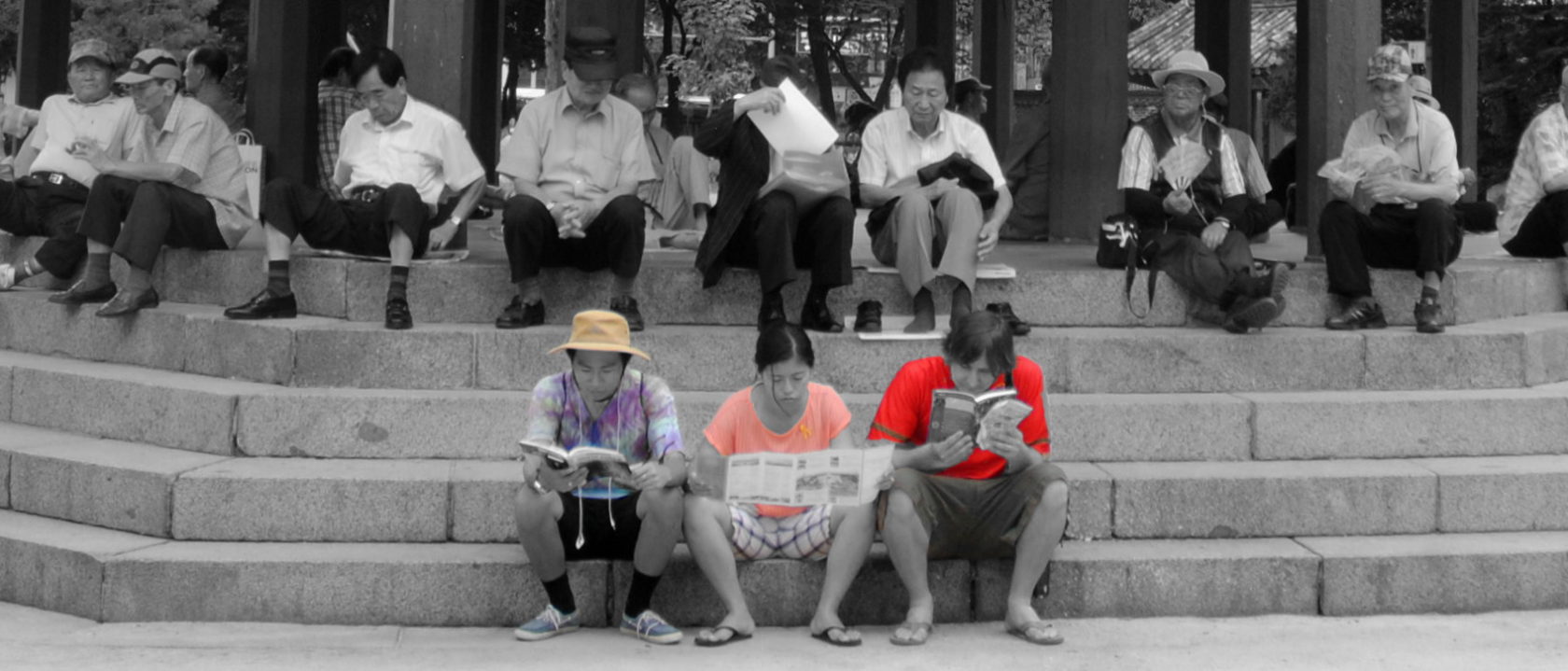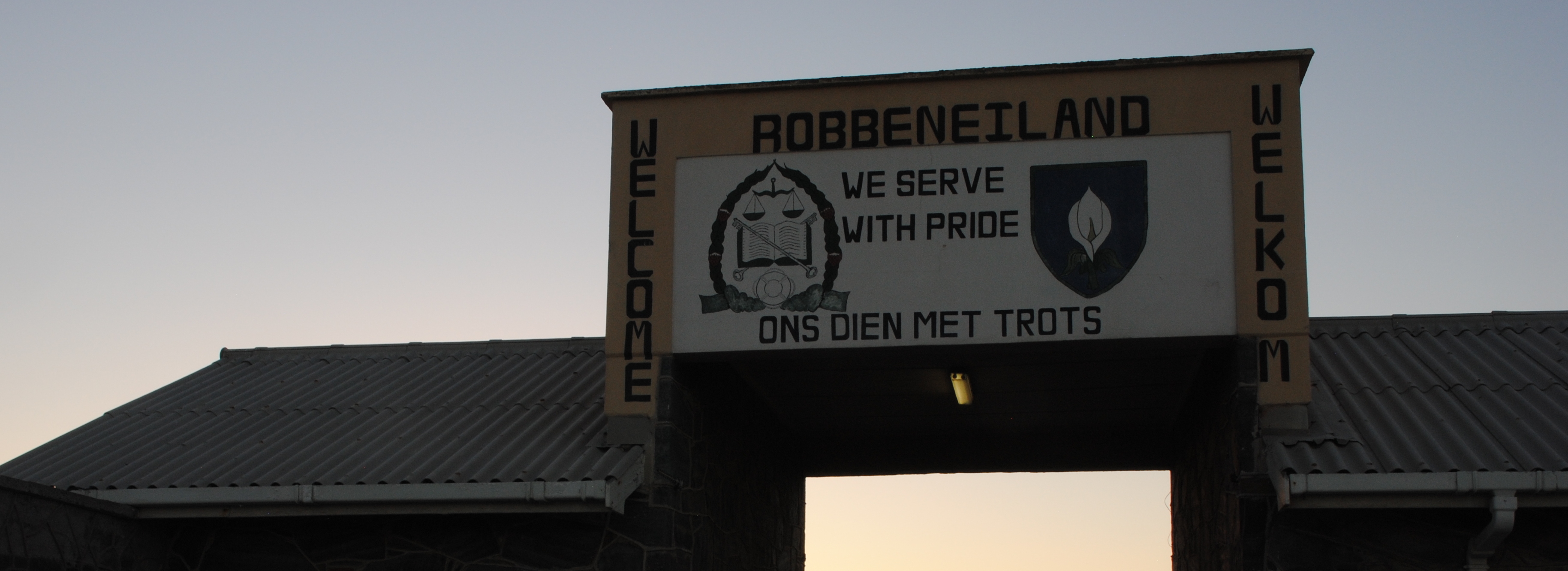In preparation for this trip I read a few excellent novels and a work of nonfiction:
The Heart of Redness by Zakes Mda 4.8/5 Stars
Born a Crime: Stories from a South African Childhood by Trevor Noah 4.8/5 Stars
Disgrace by J.M. Coetzee 4.5/5 Stars
My review from Goodreads, “This story of modern South Africa occurs in the lives of only a few, contained in a few simple events, but offers broad and sweeping themes. Perhaps the most masterful thing is the ability of the stories to define and characterize a nation in total upheaval so subtly and calmly. The power of men over women is obvious and blatant while the racial tensions are often camouflaged. My intent in reading the novel was to gain a better understanding of post-apartheid South African racial tension but very infrequently are any of the characters races upon initial meeting. The characters race as well as intentions are often disguised. The dominance of animal by man is an undertone of colonial power and perception. The main character exerts his sexual dominance over a college student of his and then his daughter is gang raped while he is set on fire. And yet the main character never is able to deal with the fact that he exerted his power on others in a mirror to those who assaulted his daughter. He never improves, never changes, and in short has no desire to do so. He screams for change of those around him while failing to do so himself. He cries for judgement when he will not allow it upon on himself. The novel is in many ways simple, but it is elegant, hidden, and daunting.”
No Future Without Forgiveness by Desmond Tutu 4/5 Stars
Coconut by Kopano Matlwa 3.8/5 Stars
My review from Goodreads, “An interesting account of life in post-apartheid South Africa. From a female black perspective, one narrator is unaware that she lives the life of a white South African, while the other sets all her goals on becoming white. Matlwa provides an interesting setting to grapple with what it means to be white and black in modern day South Africa. The narrative is split into two different stories, the first is a young middle school aged black girl whose family is wealthy enough to live in a white neighborhood in Johannesburg, where she attends a mostly white school and they frequent businesses surrounded by whites. This girl is just getting to the age where she is beginning to realize that she is different from her peers and the people around her. In many ways she doesn’t have the ability to deal with this transition and we as the readers are left at the end of her narrative to wonder what will become of her, whether she will ever be accepted by the white majority around her. The second half of the story is from the perspective of a late teenager/early 20-something who was born into the poorer black community but is set on becoming part of the white class. She only wants to associate with whites, in many ways despising black culture. She commutes a long distance to work in a white neighborhood, caters to the whites around her, but is constantly forgotten or overlooked by those she aspires to. The novel is sometimes hampered by pace, at times moving too fast or focusing on the unimportant. Perhaps not a universal tale, it was well worth the read for someone interested in current racial tensions and upward mobility in South Africa.”
My canvassing of South African novels is always continuing. Here is a link to my Goodreads list of South African novels, updated frequently:
Based on my research and assessments these are worthwhile reads:
Fiction By South African Authors
J.M. Coetzee – Waiting for the Barbarians (1980), Life & Times of Michael K (1983, Booker Prize Winner), Disgrace (1999, Booker Prize Winner),
Recipient of the 2003 Nobel Prize for Literature and 2 Man Booker Prizes. Born to Afrikaner parents in Cape Town in 1940. Moved to Australia in 2002.
Nadine Gordimer – The Conservationist (1974, Joint Booker Prize Winner), Burger’s Daughter (1979, initially banned in South Africa), July’s People (1981, initially banned in South Africa), Life Times: Stories, 1952-2007, The Pickup (2002), No Time Like the Present (2012)
Recipient of the 1991 Nobel Prize for Literature and political activist. Born to a Jewish father from now Lithuania and a British mother in Springs, Transvaal in 1923. Died in 2014 in Johannesburg.
Zakes Mda – Ways of Dying (1995), The Heart of Redness (2000), The Madonna of Excelsior (2004)
Born in Herschel, Eastern Cape in 1948. A playwright and author. He style often interweaves magical realism with traditions of Xhosa oral history. Heart of Redness explores the reactions to a real Xhosa Prophetess who prophesied the Xhosa could defeat the British by killing all of their cattle.
Alan Paton – Cry, the Beloved Country (1948)
Born in Pietermaritzburg in 1902, died in Durban in 1988. He was a prolific writer and anti-apartheid activist.
Masande Ntshanga – The Reactive (2014)
A younger modern author born in 1986 in East London, graduated from the University of Cape Town.
Achmat Dangor – Bitter Fruit (2003, shortlisted for the Booker Prize)
Born in Johannesburg in 1948 into an Indian and Muslim family. He describes himself as “an African with Asian and Dutch blood in me, I don’t know what race I am, and I don’t care”.
Kopano Matlwa – Coconut (2007), Spilt Milk (2010).
Born in 1985, her novels focus on the rising generation of adults who were children when apartheid ended and their transition to adulthood in a free South Africa.
Lauren Beukes – Zoo City (2010)
Born in Johannesburg in 1976, she lives today in Cape Town. She often writes Science Fiction or Dystopian Fiction. Zoo City is a novel set in a violent Johannesburg, in which criminals have animals magically attached to them.
Njabulo S. Ndebele – The Cry of Winnie Mandela (2004)
Born in 1948 Johannesburg. An academic, he is the former Vice-Chancellor of the University of Cape Town and today the Chancellor of the University of Johannesburg.
André Brink – Rumours of Rain (1978, Shortlisted for the Booker Prize), A Dry White Season (1979)
Born in Vrede to Afrikaaner parents. He wrote in Afrikaans and English, attempting to use Afrikaans as a language to oppose apartheid in South Africa. He died in 2015 on a flight from Amsterdam to South Africa.
Phaswane Mpe – Welcome to Our Hillbrow (2001)
Born in Polokwane in 1970, he moved to Johannesburg at 19 to study at University. Due to lack of money he lived in the poor neighborhood of Hillbrow. His debut novel was focused on unemployment, aids, and poverty in the Hillbrow of modern South Africa. He died suddenly in 2004.
Bessie Head – When Rain Clouds Gather (1968), Maru (1971), A Question of Power (1973)
Born in Pietermaritzburg in 1937. Grew up in South Africa but moved to Botswana in 1964 after seeking asylum.
Bryce Courtenay – The Power of One (1989, also a film)
He was born in the Lebombo Mountains in the Limpopo province. He moved to London for college and emigrated to Australia where he died in 2012.
Panashe Chigumadzi – Sweet Medicine (2015)
Mohale Mashigo – The Yearning (2016)
Non-Fiction By South African Authors
Nelson Mandela – Long Walk to Freedom (1994). Autobiography of Nelson Mandela, mostly written from prison, about his coming of age under apartheid, anti-apartheid activities, and 27 years in prison.
Desmond Tutu – No Future Without Forgiveness (1999). A memoir about Desmond Tutu’s work on the Truth and Reconciliation Committee.
Breyten Breytenbach –The True Confessions of an Albino Terrorist (1984). A memoir about Breytenbach’s 7 years in the South African prison system as a result of fighting apartheid.
Antjie Krog – Country of My Skull: Guilt, Sorrow, and the Limits of Forgiveness in the New South Africa (1998) – An analysis of the Truth and Reconciliation Committees work and findings.
Jonny Steinberg – Three Letter Plague (2008). An exploration of the AIDS epidemic in a remote village of the Eastern Cape.
Rian Malan – My Traitor’s Heart: A South African Exile Returns to Face His Country, His Tribe, and His Conscience (1990). A memoir by Rian, a member of a prominent Afrikander family, including Daniel François Malan who was an early promoter of apartheid policies. He analyzes South African racial tensions through historic murder cases.
Allister Sparks – Tomorrow Is Another Country: The Inside Story of South Africa’s Road to Change (1994). Written by South African Journalist Allister Sparks about the social transformation in South Africa as apartheid ended.
Trevor Noah – Born a Crime: Stories from a South African Childhood (2016). Memoir of Trevor Noah, a South African comedian. Growing up colored in Johannesburg during apartheid, born to a Xhosa mother and a German father, he explores the tension of modern South Africa as a coming of age tale.
Fiction by non-South Africans
James A Michener – The Covenant (1980)
Fiction By Mozambican Authors
Mia Couto – Sleepwalking Land (1992)
Paulina Chiziane – The First Wife: A Tale of Polygamy (2001)
Fiction By Angolan Authors
José Eduardo Agualusa – A General Theory of Oblivion (2012)

